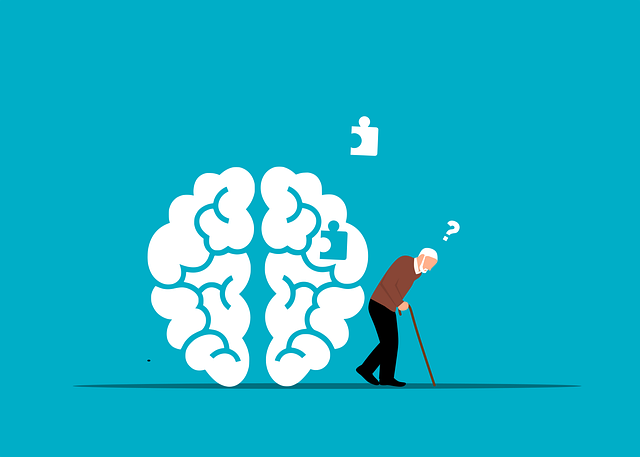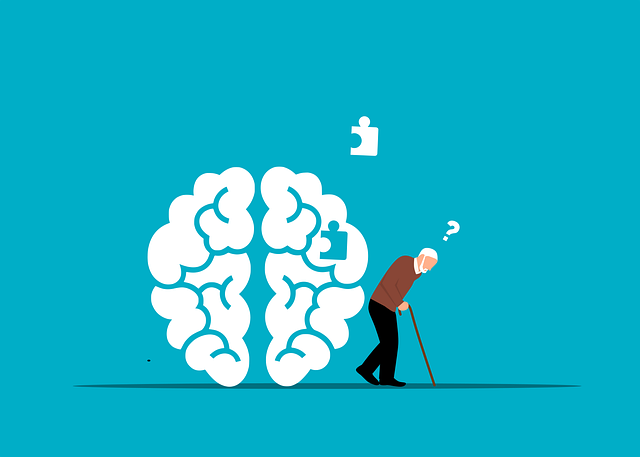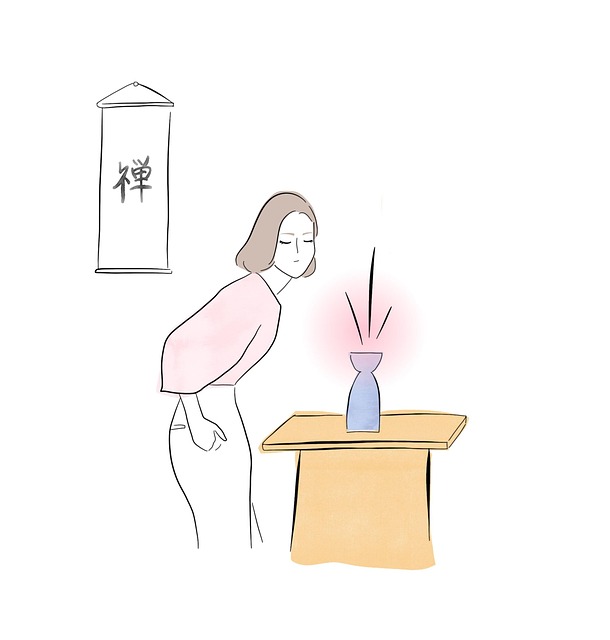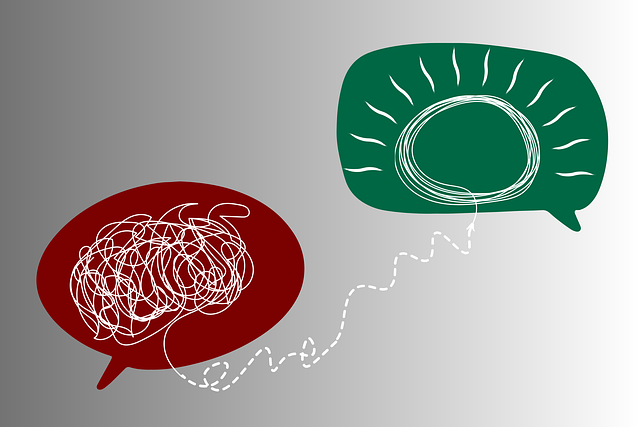Mood regulation through therapy for hypnosis offers a transformative path to improved well-being, empowering individuals to cope with life's challenges. By guiding clients into deep relaxation, hypnotherapy reframes negative thought patterns and enhances self-awareness, leading to emotional control and resilience. Self-hypnosis provides an accessible at-home alternative, fostering stress reduction and emotional intelligence. Effective mood management involves combining professional hypnotherapy with daily practices like guided meditations and positive affirmations, all while ensuring safety through risk assessments for optimal mental health and stability.
Mood regulation is a vital aspect of maintaining overall well-being, and various strategies can help individuals manage their emotional states effectively. This article explores the power of hypnosis as a therapeutic tool for calming the mind and improving mood. We delve into its impact on mental health, offering insights on self-hypnosis techniques and the benefits of professional support from therapists specializing in hypnotic interventions. Discover how integrating these strategies into daily life can foster sustainable mood balance.
- Understanding Mood Regulation and Its Impact on Well-being
- The Role of Hypnosis in Calming the Mind: A Therapy Approach
- Techniques for Self-Hypnosis at Home
- Exploring Professional Support: Therapists Specializing in Hypnotic Interventions
- Integrating Hypnotic Strategies into Daily Life for Sustainable Mood Balance
Understanding Mood Regulation and Its Impact on Well-being

Understanding mood regulation is crucial for enhancing well-being. It involves managing and stabilizing emotional states to achieve a sense of balance and contentment. Effective mood regulation enables individuals to cope with life’s challenges, navigate difficult situations, and foster positive interactions with others. By developing strong coping skills, one can better regulate emotions, leading to improved mental health and overall quality of life.
Therapy for hypnosis has emerged as a valuable tool in emotional regulation and coping skills development. Hypnotherapy sessions guide individuals into a state of deep relaxation, allowing them to access their subconscious minds. This process facilitates the re-framing of negative thought patterns, promotes self-awareness, and enables individuals to gain control over their emotions. Through hypnosis, one can learn effective mood management strategies tailored to their unique needs, ultimately enhancing their ability to navigate life’s ups and downs with resilience and adaptability.
The Role of Hypnosis in Calming the Mind: A Therapy Approach

Hypnosis has emerged as a powerful tool within the realm of therapy for hypnosis, offering a unique approach to calming and regulating one’s mind. Through this therapeutic technique, individuals can access their subconscious minds, allowing for profound changes in emotional states. By inducing a deep state of relaxation, a hypnotherapist guides the client’s thoughts, helping them challenge negative patterns and beliefs that contribute to stress and anxiety. This process enables people to develop a stronger sense of mental health education programs design and gain better control over their emotional responses.
Incorporating hypnosis into mental wellness journaling exercise guidance can be highly beneficial. The calm and focused state achieved during hypnosis facilitates deeper self-reflection, making it easier for individuals to record their thoughts and emotions in a structured manner. Moreover, this practice promotes resilience building by empowering people to reframe negative experiences and cultivate positive coping strategies.
Techniques for Self-Hypnosis at Home

Self-hypnosis is a powerful tool for mood regulation that can be accessed and practiced at home, offering an accessible alternative to traditional therapy for hypnosis. By guiding oneself into a state of deep relaxation, individuals can gain direct access to their subconscious mind, where many emotional responses and habits are rooted. This practice allows for the re-framing of negative thought patterns and triggers associated with mood disorders. For instance, those dealing with anxiety or depression may use self-hypnosis to create calming scenarios in their minds, reinforcing positive emotions and coping strategies.
With dedicated time and a safe, comfortable environment, individuals can learn effective stress reduction methods through self-hypnosis, enhancing their emotional intelligence and overall well-being. It is essential to approach this practice with an open mind and commitment, as the results can be profound. As with any therapy, a risk assessment for mental health professionals is crucial to ensure the safety and effectiveness of self-hypnosis practices, especially for those with pre-existing mental health conditions or severe emotional distress.
Exploring Professional Support: Therapists Specializing in Hypnotic Interventions

For those seeking innovative ways to manage their moods, exploring professional support from therapists specializing in hypnotic interventions can be a game-changer. Hypnotic therapy, or hypnosis, is a technique that leverages the power of the subconscious mind to induce a state of deep relaxation and heightened focus. This allows for direct communication with the unconscious, where many emotional responses and habits originate. Therapists skilled in this method help clients identify and change limiting beliefs, uncover and process traumatic memories, and develop coping strategies grounded in the profound Mind Over Matter principles.
Incorporating hypnotic interventions into therapy involves a thorough risk assessment for mental health professionals to ensure client safety. This meticulous evaluation considers each individual’s unique psychological landscape, tailoring the hypnosis experience accordingly. Additionally, therapists often incorporate self-awareness exercises to empower clients with tools to manage their moods independently. By combining these techniques, hypnotherapy offers a holistic approach to emotional well-being, helping individuals achieve lasting improvements in mood regulation and overall mental health.
Integrating Hypnotic Strategies into Daily Life for Sustainable Mood Balance

Integrating Hypnotic strategies into daily routines can offer a powerful approach to sustainable mood regulation. Beyond traditional therapy for hypnosis, individuals can learn techniques to access their inner strength and harness mind over matter principles. This involves utilizing guided meditations, visualization exercises, and positive affirmations to create a sense of calm and balance. By incorporating these practices into daily life, one can effectively manage stress, anxiety, and even depression, fostering better mental health outcomes.
Mental Health Education Programs Design often include hypnotic elements as part of their curriculum, equipping individuals with the skills to navigate emotional challenges. These techniques promote self-awareness, enhance coping mechanisms, and support overall well-being. Through consistent practice, people can develop a deeper connection with their minds, enabling them to maintain a steady mood balance even in demanding situations.
Incorporating mood regulation strategies, especially those derived from hypnotic interventions, can significantly enhance well-being. As discussed, understanding and managing one’s moods is a powerful tool for navigating life’s challenges. Whether through professional therapy or self-hypnosis at home, these techniques offer a calming and transformative approach to mental health. By integrating hypnotic strategies into daily routines, individuals can achieve sustainable mood balance, fostering resilience and overall emotional well-being. For those seeking therapy for hypnosis, exploring specialized support from therapists dedicated to these methods can be a game-changer in personal growth and mental wellness.














